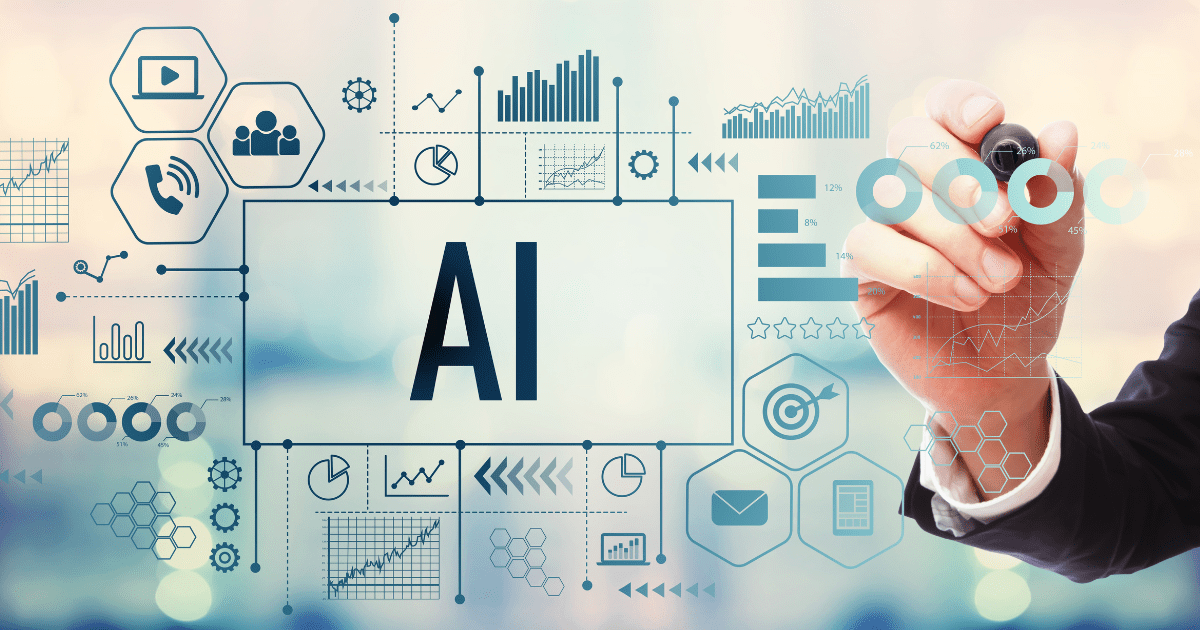The Best Fluffy Pancakes recipe you will fall in love with. Full of tips and tricks to help you make the best pancakes.
Reducing Healthcare Staffing Shortage using AI

In many nations around the world, the lack of healthcare personnel has become a serious issue. There is a substantial imbalance between the supply and demand of healthcare workers as a result of issues including aging populations and resource scarcity as well as the rising demand for high-quality healthcare services which ultimately contributes toward healthcare staffing shortage. However, developments in artificial intelligence (AI) present hopeful answers to address this issue.
Healthcare Staffing Shortage: Effects on patient care

Patient treatment is significantly impacted by a lack of qualified healthcare workers. Burnout is a common occurrence in overworked healthcare providers, which lowers service quality and increases medical errors. Longer wait times, less access to specialized treatment, and less favorable health outcomes could all affect patients. Finding creative solutions to this problem is essential for preserving and raising the general standard of healthcare services.
The potential of AI to address healthcare staffing shortage issues
By automating repetitive processes, boosting productivity, and enhancing the skills of healthcare personnel, artificial intelligence (AI) technologies have the potential to completely change the way that healthcare staffing is done. In order to find trends and forecast future employment demands, machine learning algorithms can analyze enormous amounts of data. Processes for candidate screening and recruitment are made more effective by natural language processing. Robotics and automation can help with non-clinical activities, freeing up healthcare personnel for more difficult and crucial work
AI-driven talent acquisition and recruitment in the healthcare sector
Traditional hiring practices can be labor- and time-intensive. By automatically comparing candidate profiles, qualifications, and experience to specific job criteria, AI-driven recruiting systems can speed up the process. These platforms can learn from effective recruiting trends by utilizing machine learning algorithms, which will lessen bias and guarantee a more diverse and inclusive workforce.
Healthcare staffing using AI-based predictive analytics
In order to precisely estimate future staffing needs, AI-based predictive analytics models can analyze past data, including patient admissions, seasonal fluctuations, and disease patterns. Healthcare organizations can proactively alter staffing levels, ensuring adequate coverage and lowering the risk of understaffing or overstaffing, by taking into account numerous aspects such as patient volume, acuity levels, and specific skill sets required.
AI-driven resource allocation and scheduling in healthcare institutions
In healthcare institutions, efficient scheduling and resource allocation are essential. AI-powered scheduling systems can take into account patient demand, staff preferences, talents, and availability to build optimal timetables. These systems have the capacity to dynamically modify schedules in real time, allowing for unforeseen changes and reducing disruptions. Algorithms powered by AI can also assist with resource allocation, ensuring that tools, spaces, and supplies are used effectively
Augmenting healthcare professionals with AI technologies
Healthcare practitioners’ abilities can be improved by AI technologies, allowing them to deliver better treatment. In order to help radiologists make quicker and more accurate diagnoses, AI-powered diagnostic systems, for instance, can analyze medical pictures and provide automated preliminary assessments. Chatbots and virtual assistants can answer common patient questions, freeing up time for medical experts to attend to more complicated cases.
Overcoming obstacles and taking moral issues into account while adopting AI solutions

In order to implement AI solutions in healthcare staffing, a number of difficulties and ethical issues must be resolved. To safeguard patient data, privacy, and data security must be carefully handled. To achieve fair and inclusive hiring practices, bias in AI algorithms must be discovered and reduced. The use of AI in healthcare needs to be governed by ethical standards and laws.
Opportunities and factors to consider for AI in healthcare staffing in the future
The potential for AI in the healthcare workforce is enormous in the future. In order to alleviate the manpower crisis, this section will examine the newly emerging potential for AI technologies. It might include developments in robotics powered by AI, virtual assistants, and predictive analytics. We’ll also look at issues including ethical dilemmas, legal frameworks, and the requirement for continuing education for medical practitioners. The part will also emphasize how crucial it is to balance AI automation in healthcare settings with human engagement
Conclusion
In conclusion, AI offers a game-changing remedy for addressing the healthcare staffing crisis. Healthcare organizations may optimize their workforces, improve patient care, and boost operational effectiveness by utilizing AI-driven recruitment, predictive analytics, scheduling, and resource allocation. The fact that AI has the capacity to effectively address staffing difficulties is demonstrated by the successful case studies we previously mentioned. But it is essential to move forward with caution, guaranteeing privacy, equity, and ethical application of AI technologies in healthcare staffing. AI can be a useful tool in maintaining a sustainable and adaptable healthcare staff with careful planning and integration.
References
- Artificial intelligence: opportunities and implications for the health workforce: https://www.ncbi.nlm.nih.gov/pmc/articles/PMC7322190/
- Addressing the nurse shortage to improve the quality of patient care: https://pubmed.ncbi.nlm.nih.gov/16403763/
- Artificial intelligence in healthcare: past, present and future: https://pubmed.ncbi.nlm.nih.gov/29507784/




